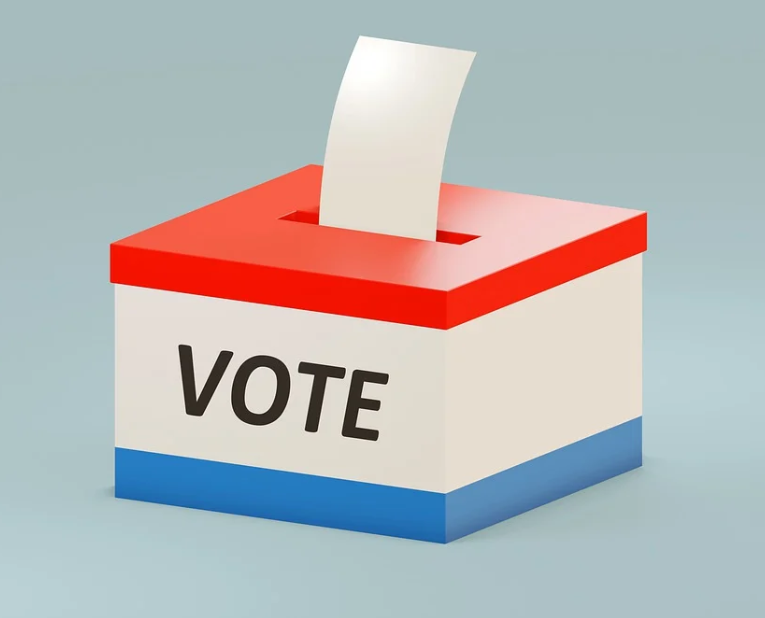Jamaica Elections 2025 Determine Nation’s Future-On September 3, 2025, Jamaica held its general election, which captured the nation, and Prime Minister Andrew Holness won a record third term for his Jamaica Labour Party (JLP). In The JLP barely won 34 of the 63 seats in congress before the opposition People’s National Party( PNP), which was led by Mark Golding and won 29 seats.A record meager 38.8% of voters cast their votes, but the election, which was marred by corruption, economic issues, and reducing crime levels, has sparked stiff debate on social media platforms like X. With Jamaica’s future in prospect, here are the key results, issues, and implications of Holness’s victory for the island.
A Fought-Over Victory
The 2025 election, also known as the “race to 32,” was a battle to high stakes over who would assume Jamaica’s House of Representatives. With a 2.8 million population and over 2 million registered voters, the JLP’s narrow victory came after a short but hot campaign period, announced just weeks earlier on August 10. Holness’s win was celebrated as evidence of his leadership, as the JLP attributed a 43% decline in murders in 2025, following increased gun seizures and improved security efforts. Yet, the anemic turnout; barely above 2020’s pandemic election 37%; highlighted voter disillusionment in the face of continued issues regarding corruption, disparities, and economic struggle.
Key Issues Driving the Election
Bread-and-butter concerns defined the campaign. The JLP promoted its financial success, such as low joblessness and fiscal prudence, and pledged to double the minimum wage from $100 per 40-hour workweek. This pledge, however, was met with resistance from organizations like the Jamaica Hotel and Tourist Association, who promised implications on the country’s tourism sector, a pillar of Jamaica’s economy. The PNP also focused on socioeconomic matters, campaigning against the JLP for their corruption and inefficiency. They pledged to raise the income tax limit to $21,800 to help ease the pressure on working-class families afflicted by rising costs. Corruption allegations against Holness were a PNP priority, though he protested his innocence, defending his record in a heated national debate.
Why the Election Is Trending
The outcome of the election has sparked debates on X, with messages displaying elation and outrage. Holness’ allies, including local politicians such as St. Kitts and Nevis Prime Minister Terrance Drew, welcomed the JLP’s “overwhelming win” for focusing on security and stability. Others point to the low turnout as proof of disillusionment, with some of the users of X arguing that corruption and economic inequality remain issues. The tight race, with surveys showing a narrow PNP advantage days before the election, added to the tension, making this one of the hottest topics across the Caribbean and globally. The election also points to Jamaica’s vibrant democratic society, though declining turnout raises questions regarding public confidence in the government.
Challenges and Controversies
While the JLP’s agenda for security has reduced violent crime, particularly in areas like St. James, where killings fell by up to 70%, human rights groups have criticized policies like states of emergency for what they claim are abuses, such as unlawful detention.
These concerns define the thin line between civil liberties and security. Jamaica is economically distressed with long-standing issues, and poverty and inferior infrastructure are fueling public discontent. The PNP’s gains at the polls; winning 15 seats since the last election; reflect growing popularity for their reform agenda, as Golding conceded defeat, calling the results a “step forward” for his party. The question of the republic, though not a large campaign issue, lurks in the background, with Holness already having signaled that he wants to replace the British monarch as head of state.
What’s Next for Jamaica
Holness’s third term brings stability, with 13 of 21 senators from the JLP to Jamaica’s senate. His administration will likely focus on sustaining crime reduction and economic growth, though fulfilling the minimum wage pledge without scaring off business is going to be a delicate balancing act. The performance of the PNP suggests a tight political contest, with Golding’s leadership gaining traction. For voters, low turnout shows a cry for leaders to regain confidence and navigate underlying issues like corruption and inequality. Jamaica’s parliamentary culture, founded in the 1962 Constitution, remains a cornerstone of its democracy, but the election highlights the need to tackle socioeconomic ills in order to inspire a disillusioned electorate.
Conclusion
The 2025 Jamaica election has reconfirmed Andrew Holness’s leadership but left the islet exposed to deep- seated challenges. While the JLP celebrates a hard- won palm, the country awaits Holness to make good on profitable fairness and security without immolating rights. The low turnout and PNP earnings demonstrate a public eager for change, and this becomes a decisive time for Jamaica’s future. Whether reading the debate on X or following reports out of Kingston, the influence of the election will determine the Caribbean nation for years to come. Tune in as Jamaica moves into this new era.





